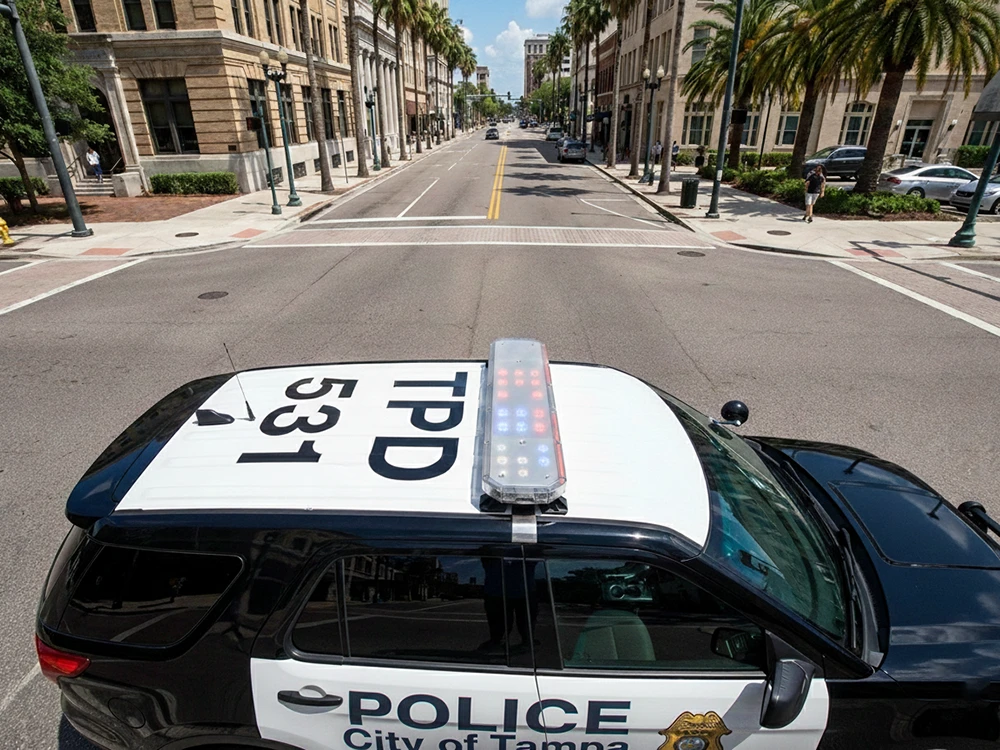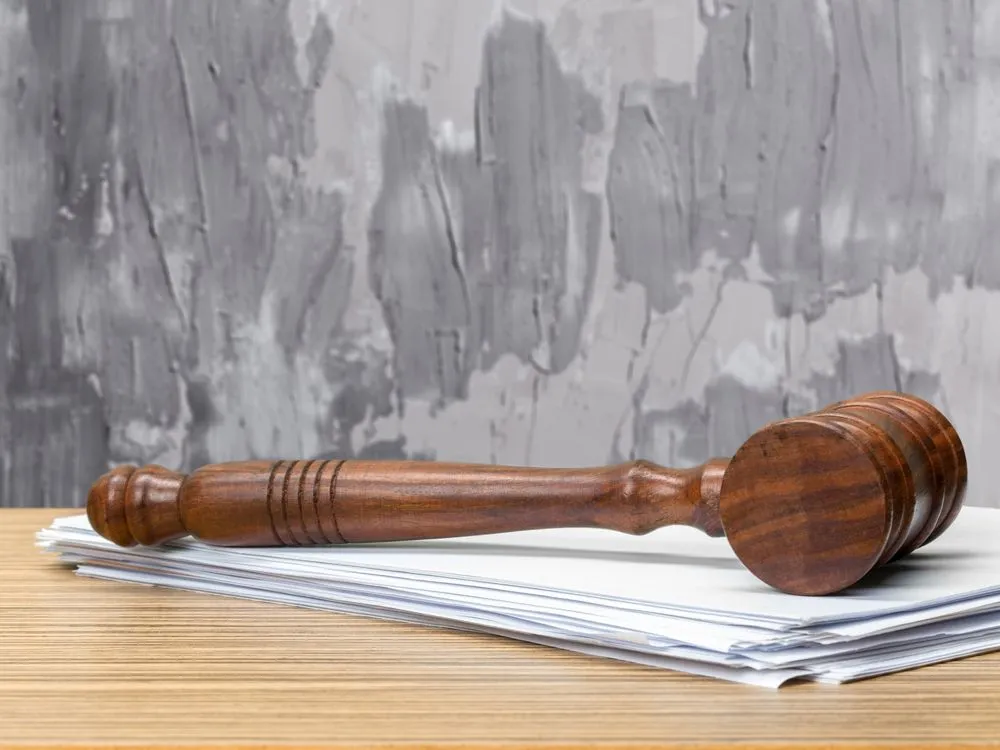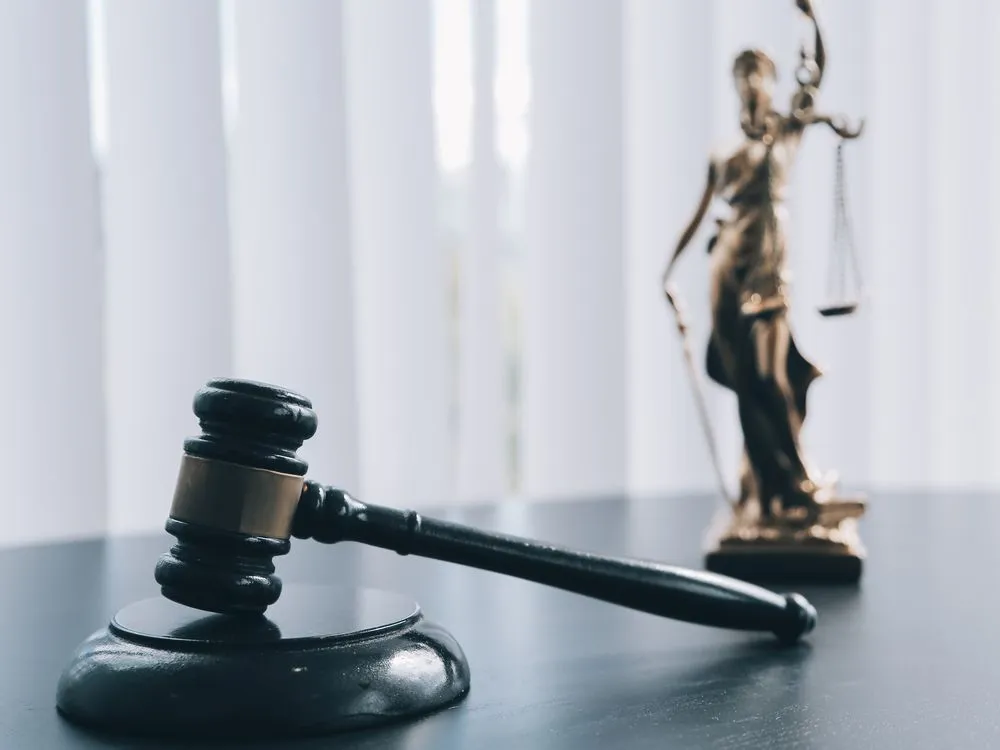Police officers must have reasonable suspicion to believe that you’re committing a crime in order to stop your car on the road. They need to have probable cause—a higher bar—to actually search the car. These are two important protections for anyone suspected of or charged with a Florida crime. But, as the state’s Third District Court of Appeal recently pointed out, there are many ways in which the cops can legally stop your car and search it.
Defendant was charged with possession with intent to sell, manufacture or deliver a controlled substance after a police officer found Xanax pills in Defendant’s car. The officer, who was in an unmarked car investigating unrelated crimes in the area, said he originally pulled Defendant over because he noticed part of Defendant’s license plate was obscured. A metal frame was blocking “MyFlorida.com” from the top portion of the license plate and “Sunshine State” from the bottom portion. The officer said he searched the car because he smelled marijuana inside.
A trial judge agreed with Defendant that the search was illegal. As a result, the judge granted Defendant’s request to suppress all of the evidence gained during the stop, including the Xanax pills. The Third District reversed that decision on appeal, however, finding that state law gave the officer the right to pull Defendant’s car over.
 Tampa Criminal Lawyer Blog
Tampa Criminal Lawyer Blog








